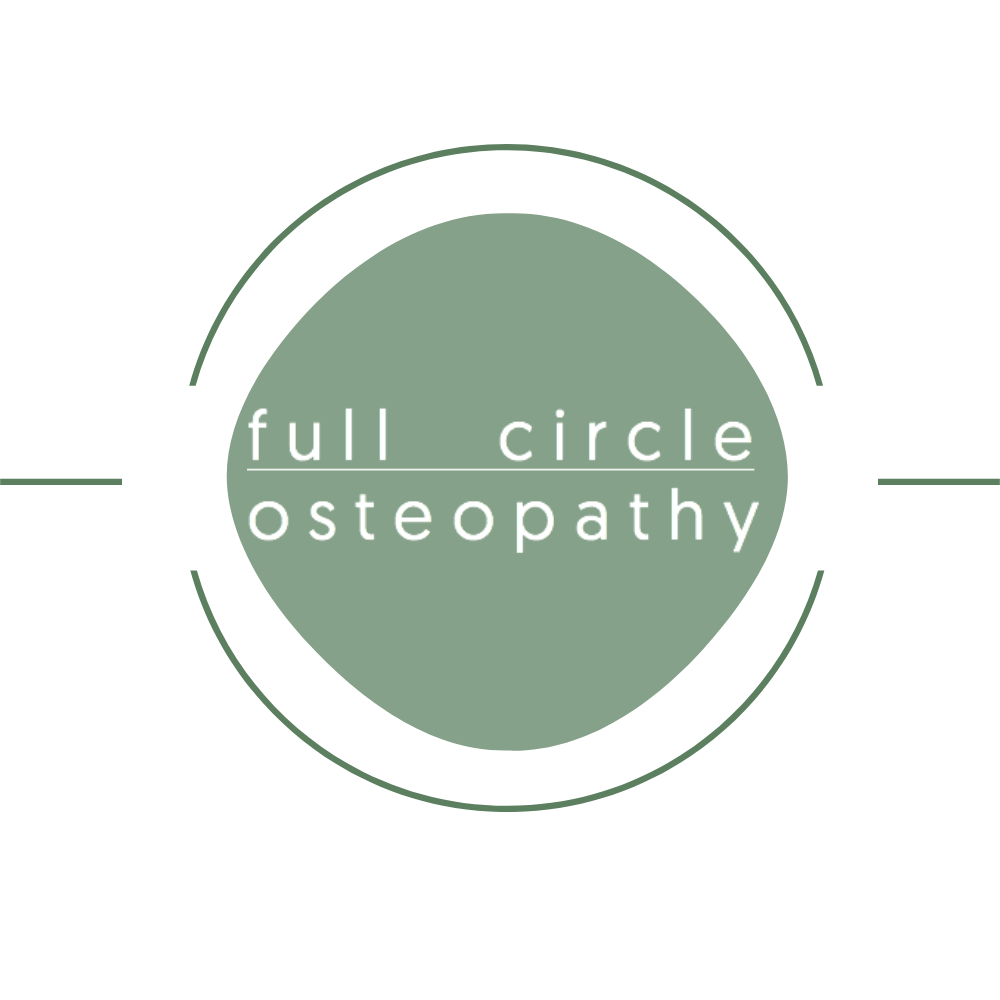Fatigue - When to worry
Experiencing tiredness is not uncommon for a lot of us. Many of us have busy lives, juggling family, work and staying active. It’s hard and it’s tiring. Our bodies are pretty resilient, but there will always be a point where the body needs a break, giving you a sign to slow down and step back. This often results in the BEST night's sleep of your life and you wake up feeling refreshed and ready for it to all begin again.
But are you experiencing an extreme tiredness that no amount of sleep seems to remedy? If this is the case, then you are possibly suffering from fatigue relating to a medical condition. There is every chance you are experiencing some other symptoms too. Luckily, we are about to educate you on some of the common causes of fatigue, so you know what to look out for, and can nip it in the bud quick time…
1. IRON DEFICIENCY ANAEMIA: A common condition where you tire very quickly, feel heavy in the muscles, have a sore tongue and may develop brittle nails. Women with heavy periods are especially prone to this condition.
2. HYPOTHYROIDISM: Also known as an ‘Underactive Thyroid’. You may experience weight gain, constipation, dry skin and muscle weakness. This one is also more common in women.
3. DEPRESSION: You don’t just feel low with this condition. Depression may keep you awake at night, or wake you early in the morning, disturbing your sleep cycle and leaving you feeling exhausted!
4. ANXIETY: In extreme cases where anxiety disrupts daily life, fatigue is often experienced alongside those uncontrollable feelings of irritability and worry.
5. CHRONIC FATIGUE SYNDROME: This is fatigue felt over extended periods of time (4-6 months +). You may also experience a general feeling of being unwell following exertion, headaches, muscle pain, sleep disturbance and loss of memory or concentration.
6. GLANDULAR FEVER: A viral infection that can leave you feeling fatigued for months even after the infection has cleared. You may also experience a sore throat, swollen lymph nodes in the neck, swollen tonsils, headache, fever and rash. Antibiotics are usually unsuccessful in treating this infection.
7. DIABETES MELLITUS: Fatigue is a common symptom of all types of diabetes. Other symptoms to look out for include increased thirst, hunger and urination. Weight loss is another common symptom.
8. COELIAC DISEASE: An autoimmune disease where the body reacts to gluten in the diet, leading to fatigue, diarrhoea or constipation, as well as bloating, wind, nausea and vomiting, weight loss or gain, and anaemia.
9. SLEEP APNOEA: Imagine being constantly disrupted while you’re trying to sleep because your throat narrows or closes, which interrupts your breathing… You can see how you’d be exhausted constantly. You may be told you snore loudly, experience morning headaches and frequently wake up with a dry mouth or sore throat.
10. RESTLESS LEGS SYNDROME: This is the constant urge to move your legs at night, leading to poor quality sleep. Other symptoms include involuntary night time jerking, unpleasant crawling sensations and deep aching throughout the legs.
Now you know what to look out for, don’t put up with fatigue. Take notice of what your body is telling you and ultimately make sure you get your symptoms investigated through your GP. Luckily, your beloved osteopath is also trained to pick up on such things. We’ll make sure you get the correct referral you need if we suspect the reason for your sore muscles and joints is not just because you played a bit too hard on the weekend! Don’t worry, we have your back (no pun intended… Sort of)!
References

